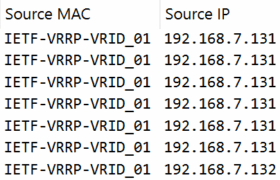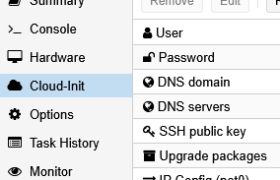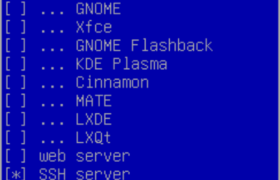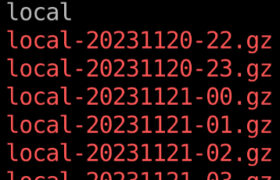I have made occasional contributions to the Wireshark project for over five years now. I started with small documentation updates, and later I have added two new protocol dissectors (Zabbix and Z21) as well as improved some other dissectors. It can be several months between contributions though, so this post is my own memo about […]
Tag: linux
Docker Networking with Zabbix Proxies
Let’s do some Docker networking with Zabbix proxies. The presented Docker configurations apply to other similar client-server applications as well, so you may find this useful even if you don’t use Zabbix. On this longish page: Preparations I’m running the Docker service on Debian Linux 12 on a virtual machine, with no special configurations. These […]
VRRP with Keepalived
VRRP (Virtual Router Redundancy Protocol) is commonly used for providing first-hop IPv4 or IPv6 router (“default gateway”) redundancy for network-attached devices. Some network appliances like wireless LAN controllers use it to provide a virtual IP that can always be used for reaching the active member in the device cluster. VRRP can also be used on […]
Debian Template with cloud-init on Proxmox VE
These notes have been tested with Proxmox Virtual Environment (PVE) 8.2.4, Debian 12 and cloud-init 22.4.2 (from Debian 12 packaging). First create a virtual machine and install Debian Linux on it normally, with all the additional tools and updates as required. I usually use the netinstall CD image from Debian. After completing the installation, for […]
Size of Debian Linux Installation
I often need a Linux virtual machine for testing specific things. Debian Linux is my choice of Linux distribution, and I have wondered how much space does each installed package take in it, to possibly optimize the size of the VM if needed. I installed two VMs: The results after “sudo apt clean“: Installation Disk […]
VDR Setup, 2025 Edition
PostgreSQL Upgrades on Debian Linux
When doing a major version upgrade on Debian Linux with PostgreSQL server installed (using Debian-provided packages), this always catches me: After the upgrade there will be two different PostgreSQL instances running, it won’t do an in-place upgrade for the database automatically. In order to get the existing database running on the newer PostgreSQL version, this […]
Commanding Devices with Tmux
Let’s go right away to the question: How do I enter commands on two devices at the same time? One of the possible answers is: With tmux. My usual workflow to connect to the end devices is from a Linux host that has tmux installed. The situation can look for example like this: Before being […]
Configuring Hourly Log Rotation with Logrotate and Rsyslog
Logrotate runs daily by default on Debian Linux. It is scheduled to run at 00:00:00 with systemd: markku@logtest:~$ systemctl list-timers NEXT LEFT LAST PASSED UNIT ACTIVATES Mon 2023-11-20 00:00:00 EET 2h 20min left Sun 2023-11-19 00:00:17 EET 21h ago logrotate.timer logrotate.service … When you want logrotate to rotate files hourly, you need two changes: For […]
Tools for Debian Packages
Debian has been my primary Linux distribution of choice since 2003. That’s twenty years! How time flies! I haven’t ever worked as full-time server administrator but running and operating various kinds of systems have always been part of my skills, and it has made it possible for me to leverage wide range of tooling required […]







